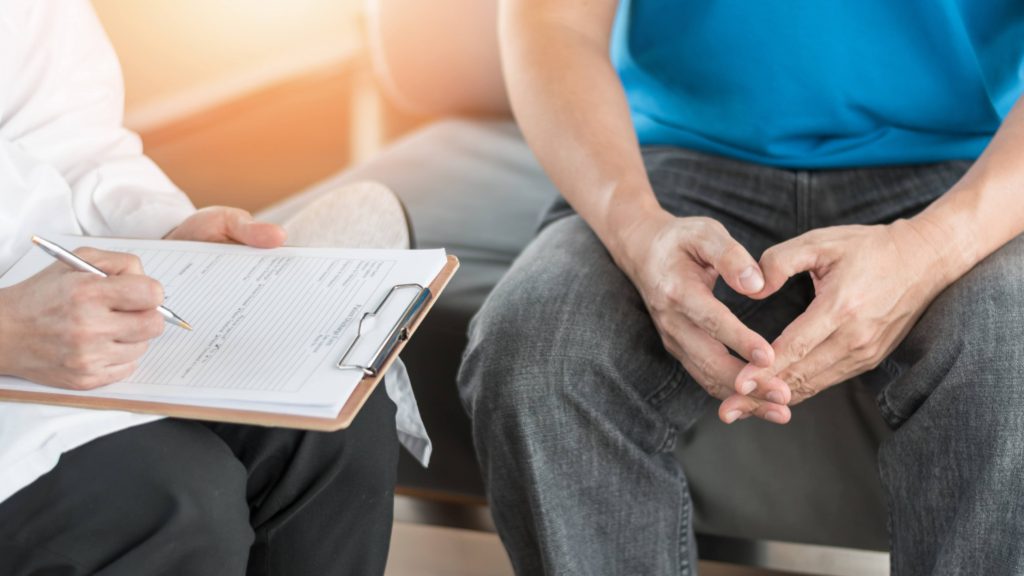-
Health & Wellness
Erectile dysfunction and diabetes: Take control today

Learn strategies to prevent or treat this common and frustrating potential complication of diabetes.
Erectile dysfunction is a common problem for men who have diabetes — but it's not inevitable. Consider prevention strategies, treatment options and more.
Erectile dysfunction — the inability to get or maintain an erection firm enough for sex — is common in men who have diabetes, especially those with type 2 diabetes. It can stem from damage to nerves and blood vessels caused by poor long-term blood sugar control.
Erectile dysfunction can also be linked to other conditions common in men with diabetes, such as high blood pressure and heart disease. Erectile dysfunction might occur earlier in men with diabetes than in men without the disease. Difficulty maintaining an erection might even precede the diabetes diagnosis.
Having erectile dysfunction can be a real challenge. It can leave you and your partner feeling frustrated and discouraged. Take steps to cope with erectile dysfunction — and get your sex life back on track.
Talk to an expert
Many men are reluctant to discuss erectile dysfunction with their doctors. But don't let embarrassment keep you from getting help. One small conversation can make a big difference. Here's what to do:
- Tell your health care provider what's going on. Your health care provider will consider underlying causes of your erectile dysfunction and can give you information about medication and other erectile dysfunction treatments. Find out your options.
- Ask if there's anything you can do to better manage your diabetes. Improving your blood sugar levels can help prevent nerve and blood vessel damage that can lead to erectile dysfunction. You'll also feel better overall and improve your quality of life. Ask your doctor if you're taking the right steps to manage your diabetes.
- Ask about other health problems. It's common for men with diabetes to have other chronic conditions that can cause or worsen erectile dysfunction. Work with your doctor to make sure you're addressing any other health problems.
- Check your medications. Ask your doctor if you're taking any medications that might be worsening your erectile problems, such as drugs used to treat depression or high blood pressure. Making a change to your medications might help.
- Seek counseling. Anxiety and stress can make erectile dysfunction worse. Erectile dysfunction can also have a negative impact on your relationship with your intimate partner. A psychologist, counselor or other mental health specialist can help you and your partner find ways to cope.
Learn more about treatment options and lifestyle changes.
This article is written by Mayo Clinic Staff. Find more health and medical information on mayoclinic.org.
Related Articles







